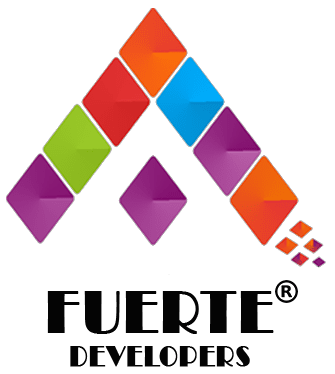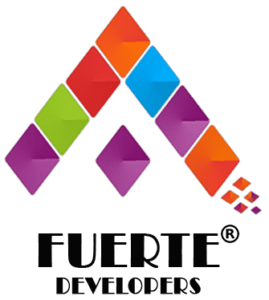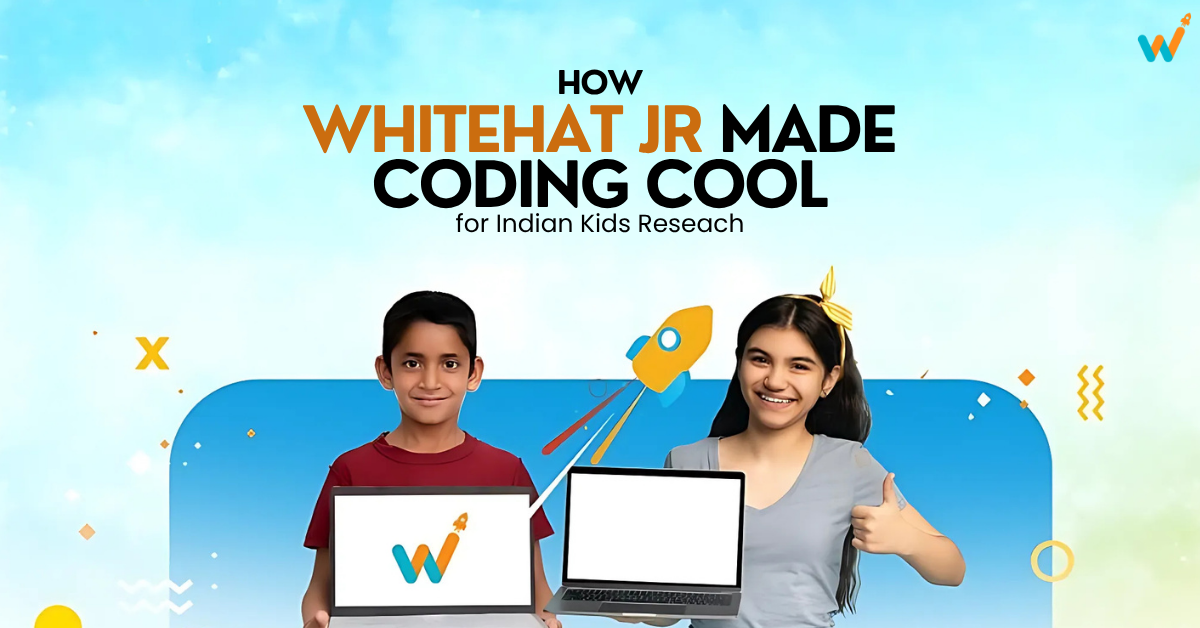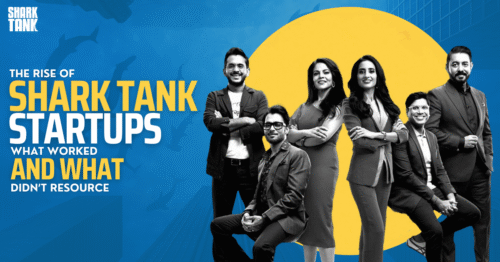Not long ago, the word “coding” sounded technical, even intimidating, for most Indian families. Fast forward to today, and it’s as common as cricket coaching or dance classes. One major reason? WhiteHat Jr. This edtech startup turned programming into a fun, creative activity—making kids not just consumers of technology but also creators.
🌟 Breaking the “Coding Is Complicated” Myth
In many Indian households, parents viewed coding as something only engineers or tech professionals did. WhiteHat Jr challenged this mindset by showing that kids as young as six could build apps, games, and animations—without the scary jargon.
How did they do it?
Simple, gamified lessons instead of heavy textbooks.
Live one-on-one classes that felt more like interactive workshops than lectures.
Immediate results: Kids could see their first app or animation in real-time, boosting confidence.
Suddenly, coding was no longer a “future job skill.” It became a way for kids to play, create, and proudly show their parents what they built.
🎮 Learning Through Creation, Not Memorization
WhiteHat Jr flipped the traditional learning model. Instead of focusing on theory, it emphasized hands-on building:
Kids made simple animations first → then progressed to apps and games.
Every class ended with something they could share with friends.
Projects encouraged creativity: from designing a storybook app to making a quiz game about their favorite superhero.
This approach turned coding into a form of digital art, not just logic and syntax.
📱 Tech Meets Storytelling
One key factor behind WhiteHat Jr’s success is how it blended storytelling with technology. Children weren’t just writing lines of code—they were building stories, solving puzzles, and even creating apps with characters they loved.
Example: A child might learn loops by animating a rocket launch sequence or use conditionals to make a game where a cartoon monkey jumps when you press a key.
This mix of creativity + coding kept kids engaged and parents impressed.
👩🏫 Teachers Who Understand Kids
Unlike traditional computer classes, WhiteHat Jr focused on personalized attention:
Each student got a dedicated teacher trained to keep sessions light and interactive.
Teachers were patient, often turning mistakes into playful challenges.
Feedback was instant, helping kids fix errors quickly without feeling frustrated.
This human connection made learning less about pressure and more about joyful discovery.
🚀 From Homes to Global Stages
WhiteHat Jr didn’t stop at just teaching. It motivated kids to showcase their creations through:
App competitions where children presented their work to judges.
Features on their platform’s “Hall of Fame.”
Opportunities to publish apps on the Google Play Store—a huge confidence boost for an 8-year-old!
Parents started sharing screenshots on social media, and suddenly “My kid made an app” became a proud bragging point.
📈 The Bigger Picture: Early Tech Confidence
Why does this matter? Because these kids aren’t just learning to code; they’re building:
Problem-solving skills (breaking a task into steps).
Logical thinking (understanding cause-and-effect).
Resilience (debugging teaches patience).
By making coding accessible, WhiteHat Jr planted seeds for a generation that’s more comfortable with technology—not just as users but as innovators.
🌍 Inspiring a Cultural Shift
Today, thanks to platforms like WhiteHat Jr:
Parents view coding like a life skill—similar to math or language.
Schools are adding coding clubs earlier than ever.
Kids talk about “apps” and “algorithms” the way older generations spoke about cricket scores.
This cultural shift means the next wave of Indian entrepreneurs, game designers, and AI developers may come from small towns, not just big-city engineering colleges.
🧠 Final Thought: Coding as a Playground, Not a Classroom
WhiteHat Jr didn’t just teach children how to code. It made coding cool by turning it into a playground—a space where kids could imagine, build, and share without feeling pressured by grades or exams.
And in doing so, it created something more powerful than a curriculum: a generation of confident, curious creators who see technology not as something to fear but as a tool to shape their dreams.






